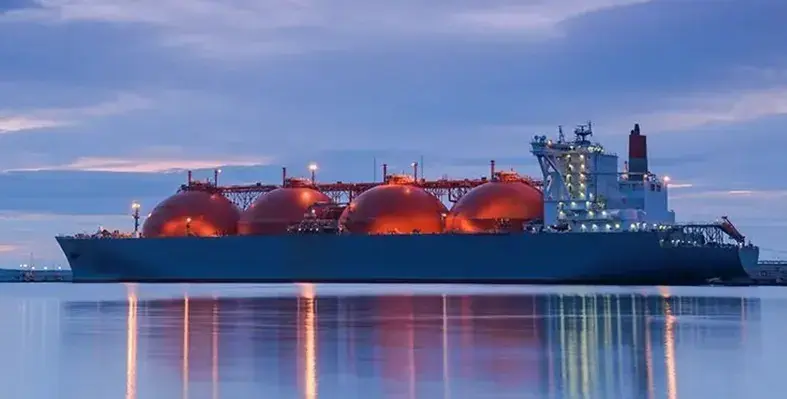The Gulf can help stabilise Egypt’s energy market, says leading energy and commodity trading firm BGN International
From the sun-scorched ports of Alexandria to the industrial sprawl of Suez, Egypt’s energy story is at a critical turning point. For decades, the country enjoyed the luxury of being a net exporter of natural gas, with domestic production more than meeting its own needs. Today, that narrative has flipped. Rapidly rising domestic energy demand – projected to surge by 39% this decade – combined with a worrying decline in local production has left Egypt increasingly dependent on imported fuel. In a country where economic stability and political calm are tightly bound to energy security, this imbalance has become a pressing concern.
The solution doesn’t lie in short-term fixes but in a strategic, Gulf-backed reset of Egypt’s energy market. That means securing long-term LNG and LPG supply deals at competitive prices and, just as critically, using those partnerships to create local jobs, transfer vital technology, and give Egyptians a more active role in powering their economy.
This is not merely an economic argument – it’s a political imperative. With youth unemployment at 19.7% among those aged 20-24, Cairo needs to turn energy investments into engines of job creation. Collaborations with multinational players should go beyond resource extraction, focusing instead on empowering local talent to build, operate, and eventually lead the country’s energy infrastructure. Gulf investment, if properly structured, can help catalyse this shift by demanding that technology transfer and domestic workforce development are baked into every deal.
Addressing supply gaps
Yet, even with the right partners, time is short. Egypt recently issued a tender seeking four LNG cargoes for delivery between February and March, a clear signal that near-term supply gaps must be addressed immediately. Fulfilling urgent gas needs through last-minute tenders would be better served with longer term contracts with serious natural gas players like Dubai-based BGN International, an energy and commodity trading firm with an extensive natural gas division.
The firm already contributes to Egypt’s oil sector through its large stake in the Canadian company Mediterra Energy and its gas operators are steadily growing there. As the largest buyer of LPG from the United States and a key player in global oil and gas flows, BGN has the reach and logistical muscle to secure competitive LNG contracts at a time when Egypt’s import needs are becoming both more urgent and more expensive.
But stabilising Egypt’s energy future isn’t just about meeting domestic demand – it’s about revitalising exports and reasserting the country’s role as a regional energy hub. Egypt already boasts significant infrastructure, from the Idku and Damietta LNG export terminals to its extensive pipeline network. What’s required now is a fresh approach that integrates these conventional assets with forward-looking investments in transition fuels like LPG and LNG.
Flexible approach needed
Here again, companies like BGN International offer a potential model. With decades of experience balancing crude operations alongside transition fuels like natural gas, they demonstrate how energy traders offer countries a flexible range of resources to power economies sustainably. If Egypt can replicate this dual approach – leveraging its geographic advantages while modernising its energy offerings – it could once again become a key exporter to Europe and beyond, even as global markets shift toward cleaner energy solutions.
In the end, the challenge facing Egypt is about more than energy. It’s about restoring confidence – in its economy, in its political stability, and in its role on the global stage. Gulf partnerships can provide the capital and expertise to make that happen. But for those investments to truly pay off, they must come with a commitment to building Egypt’s future not just from beneath the ground – but from within its people.








